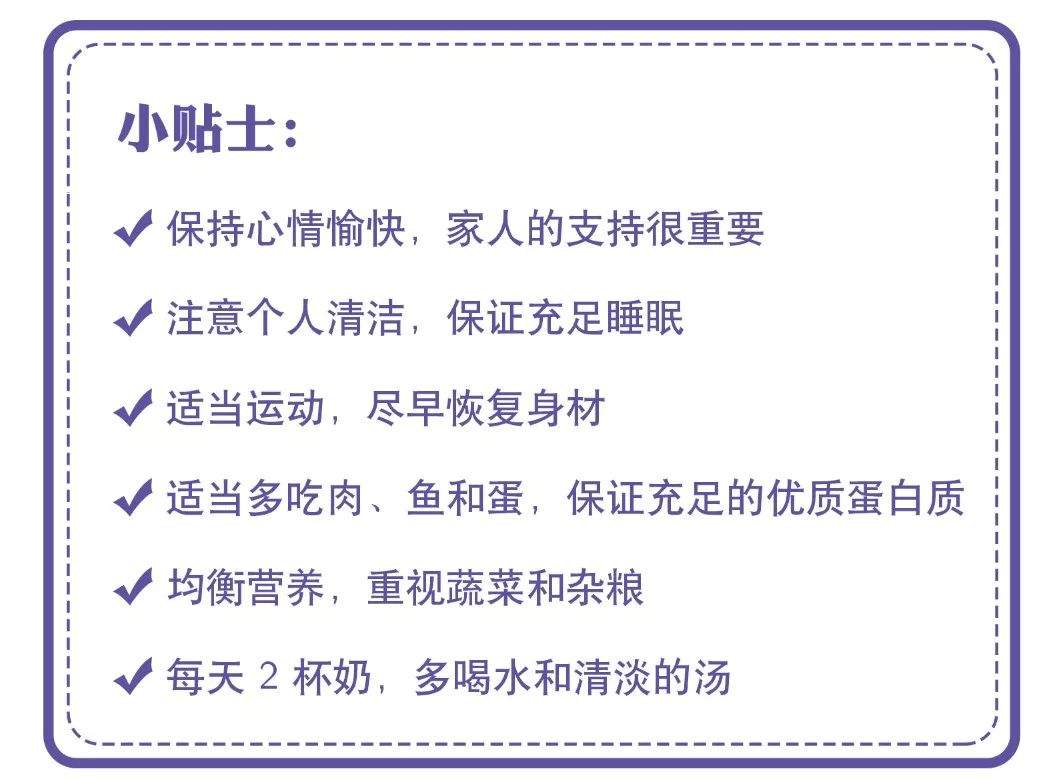When Chinese women give birth to children, they can hardly escape the mysterious [confinement]: eating, sleeping, living and living [this is not good, that is not good], and they are afraid of [confinement disease] if they do not do so.
In fact, what we usually call “confinement” is what doctors call “puerperium”: the body needs to undergo a period of recovery and adjustment after delivery. Perhaps because this stage is very important, the taboos in Chinese confinement can be described as multifarious.
However, some wrong [confinement] methods will backfire and make mothers suffer. Today, let’s break them one by one.
Avoid washing your hair and bathing?
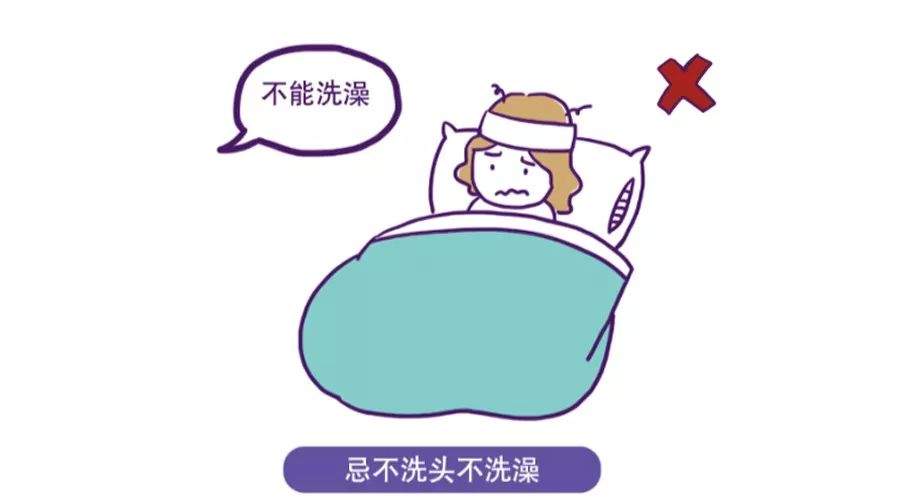
After giving birth to the child, he was sweating all over and could not even take a bath? This is probably one of the most inhumane confinement taboos.
In fact, because the new mother wants to excrete the increased blood volume during pregnancy, the month will sweat a lot, and it is very important to pay attention to personal hygiene. Moreover, lochia should be discharged after delivery. If it is not cleaned in time, it will also increase the risk of puerperal infection.
Correct Approach:
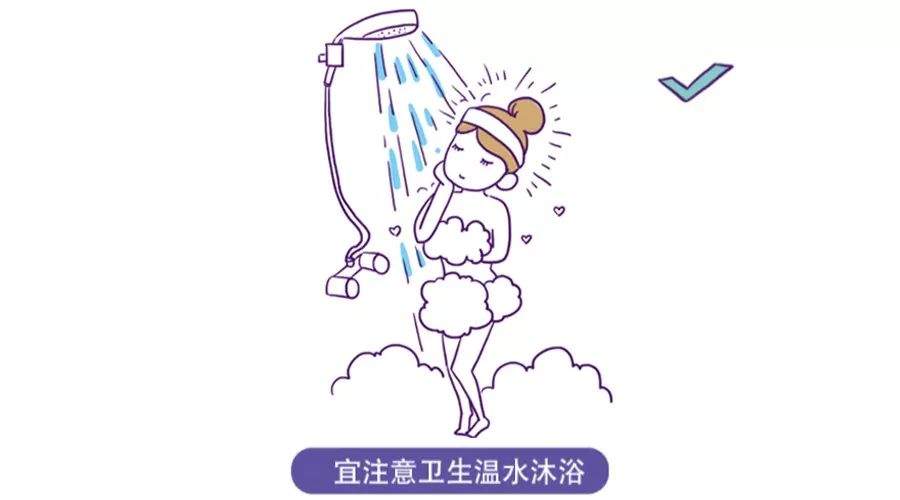
- No need to wait after natural labor, as long as the physical strength recovers, you can wash if you want. Caesarean section needs to wait for a period of time due to sutured wounds, but you can also take a bath in 2 days at the earliest.
It is recommended to take a warm shower. If it is Caesarean section, it is good to protect the wound with plastic wrap. In addition, attention should be paid to ensuring indoor temperature and being careful of catching cold.
Confinement = bed rest?
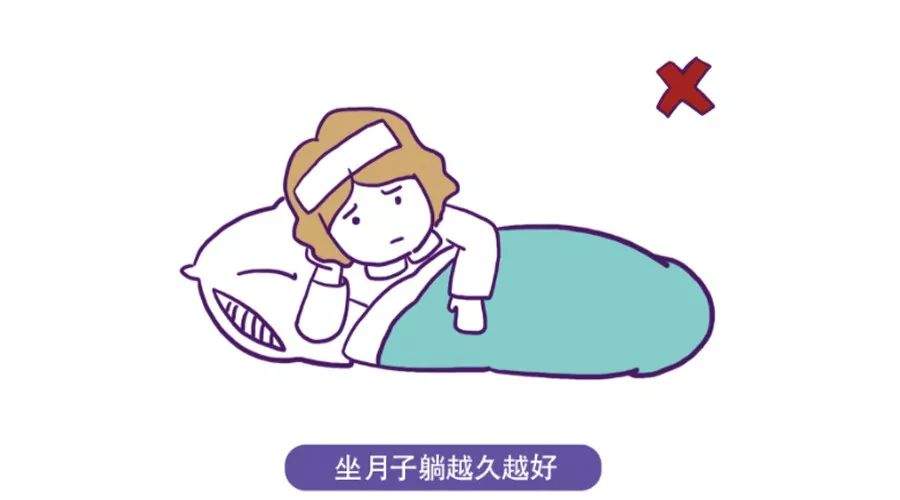
Many people think that the so-called [confinement] should move as little as possible, never sit when lying down, never stand when sitting.
But in fact, it is very dangerous for the lying-in woman to remain inactive.
Pregnant women’s blood is in a state of hypercoagulable, long-term bed rest, but will increase the risk of venous thrombosis. A few years ago, the news also reported that a new mother in Fuzhou suffered from pulmonary embolism because she was inactive in the confinement and almost died.
Correct Approach:
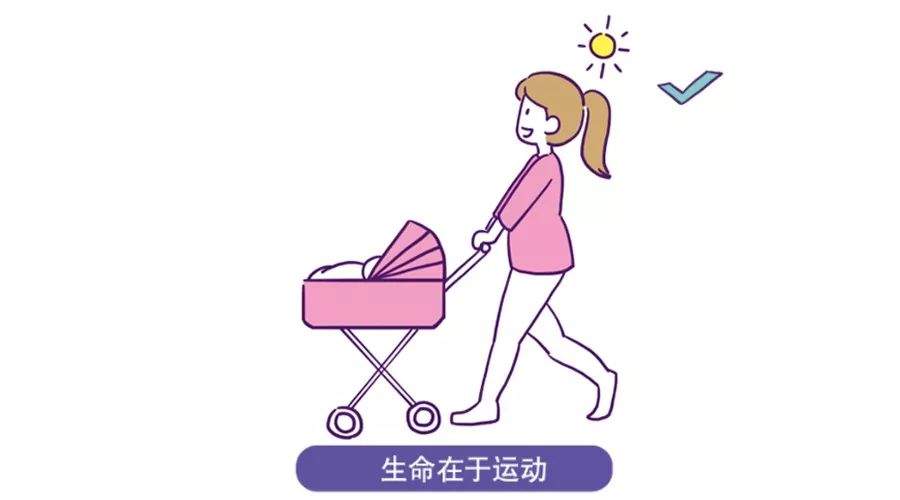
As long as you feel comfortable, get out of bed and move as much as possible. Walking and pushing a pram are all good.
Can drinking bone soup promote lactagogue and supplement calcium?
In the new mother’s diet, [milk] and calcium supplement may be the two top priorities.
On the one hand, secreting milk every day will consume some calcium. If the calcium intake in food is insufficient, it is easy to lack calcium and even osteoporosis. On the other hand, insufficient milk is also a problem for many mothers.
As a result, the bone soup of soup water has become a frequent visitor to the dining table for many new mothers, drinking it every day and every meal.
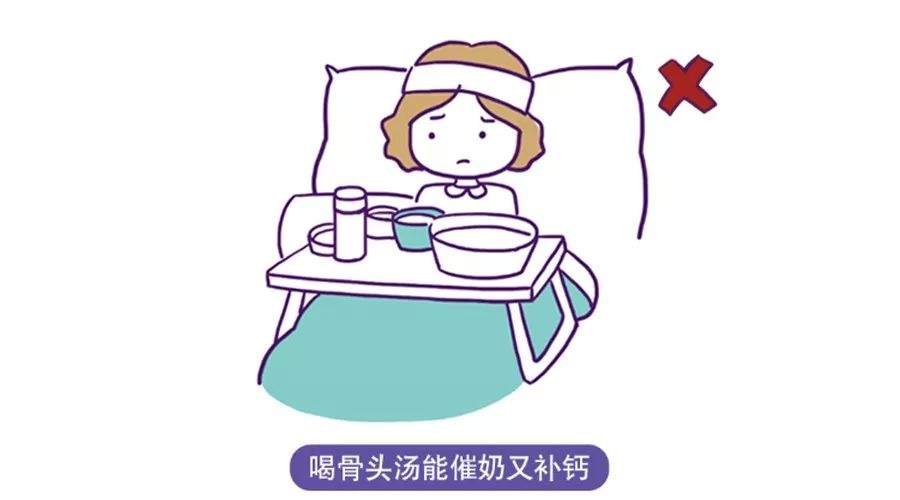
However, drinking soup ≠ lactagogue. The stewed bone soup looks nutritious, but in fact, the soup contains very few nutrients except a large amount of saturated fat and a small amount of soluble polypeptide and amino acid. Drinking too much is easy to gain weight, not to mention, it may also have the risk of blocking milk.
What the new mother really needs is enough water. After drinking all kinds of so-called [lactagogue soup], she feels her breasts swell, which is actually because there is a lot of water in the soup. As for calcium supplement, the calcium content in bone soup is less than 5% of milk, which is really difficult for strong [soup].
Correct Approach:
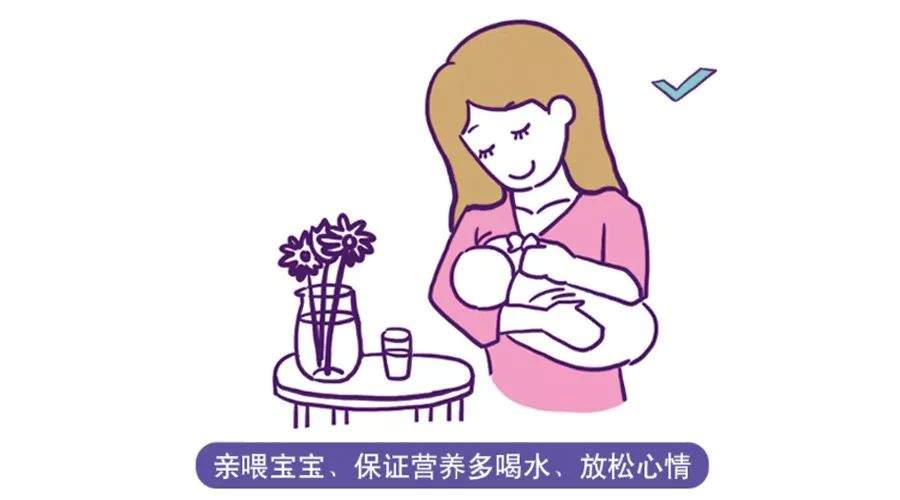
- There are only three truly reliable lactagogue methods: feeding the baby, ensuring nutrition, drinking more water and relaxing the mood; Milk is the cost-effective calcium supplement expert. Breastfeeding mothers are advised to drink 2 cups of milk (500 ml) every day, which not only meets the daily calcium demand, but also can increase water intake.
All kinds can’t be eaten?
The new mother had a hard time [unloading]. After all kinds of joy and excitement, she faced all kinds of [not being able to eat]
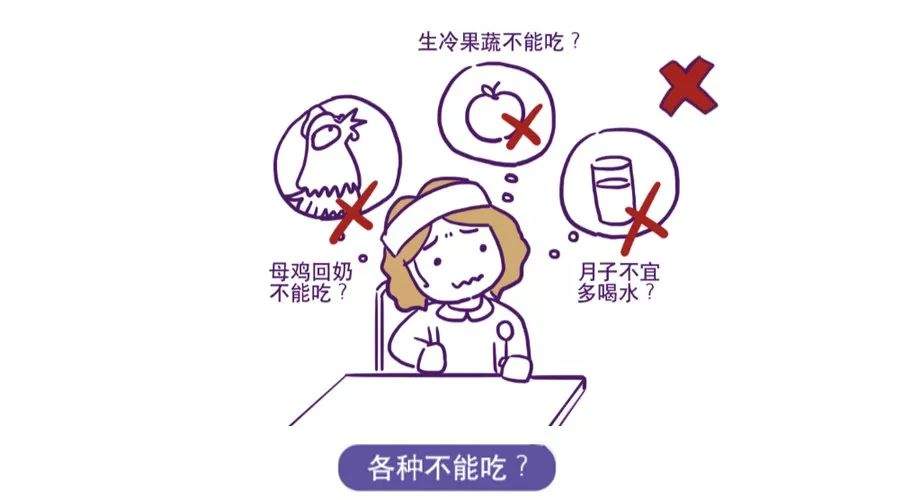
In fact, most of these so-called dietary taboos have no scientific basis. It has long been said in the < < Chinese Dietary Guidelines > > that the diet during the confinement period should adhere to diversification and be based on the principle of satisfying nutrition, and there is no special what.
For example:
Can’t vegetables and fruits be eaten raw and cold?
Wrong! Rich dietary fiber in fruits and vegetables can effectively prevent constipation in confinement, and mineral vitamins are also good helpers for postpartum rehabilitation.
Can’t hens eat milk?
Wrong! Legend has it that hens contain estrogen, which will fight prolactin and return to milk. But in fact, through the way of [eating], these estrogens can smoothly enter the human body, and even less can play a role. In a word, roosters and hens, eat whichever they like.
It is inappropriate for the confinement to drink more water or she will become a big belly woman?
Wrong! There will be a lot of sweat during the month, plus lactation, it is very important to replenish water in time.
Correct Approach:
As long as you pay attention to food hygiene, don’t drink alcohol and drink less coffee, there is no special taboo on diet.
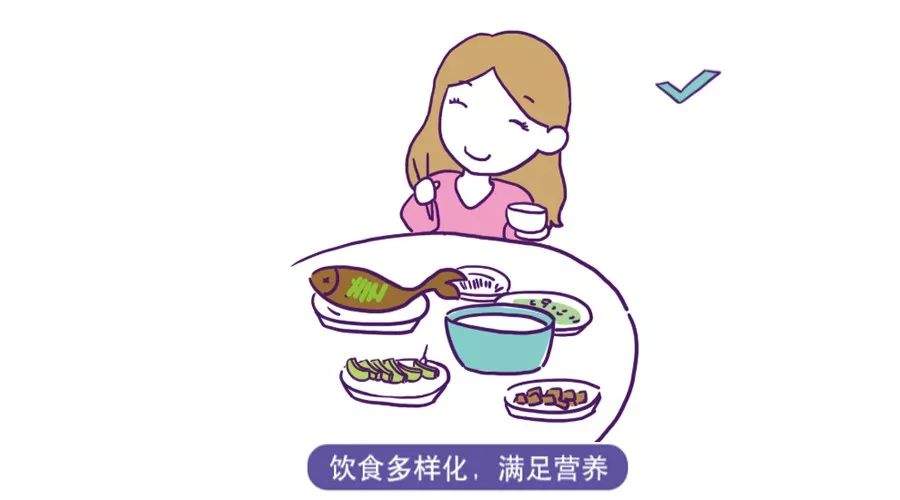
However, the so-called folk remedies such as brewing and egg washing really don’t try.
Tips for new moms
Having said so much, it does not mean that you can eat, drink and have fun at will after giving birth. The postpartum recovery during the [confinement] period deserves the attention of every new mother.
Scientific [being a confinement], paying attention to personal hygiene, reasonably matching your favorite food, make yourself comfortable better than what:
